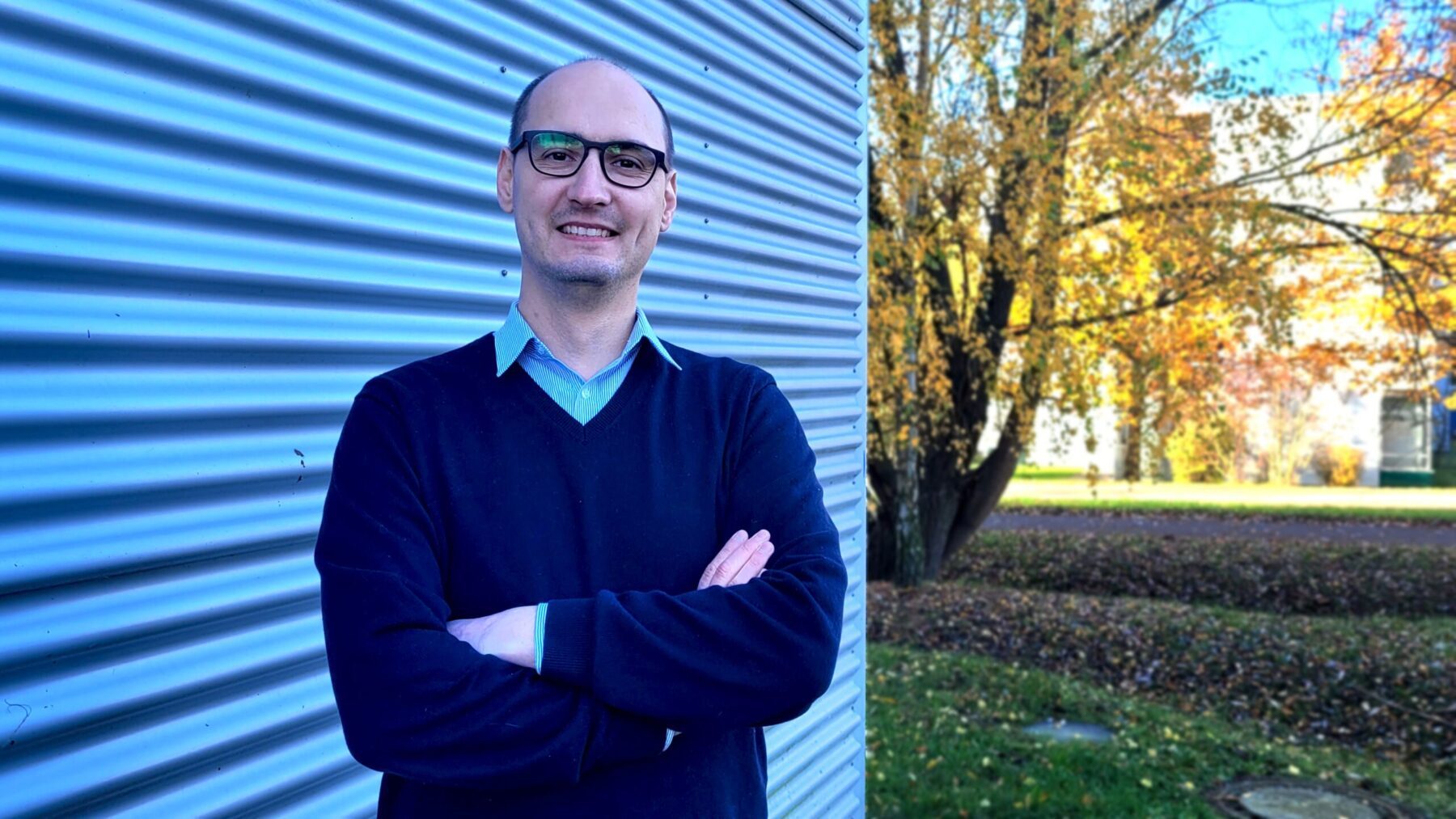
3 Questions with Mimi-Q: »We Can Develop Drugs More Quickly and Effectively at a Lower Cost – without Using Animal Testing«
Animal testing continues to play a key role in the approval of new drugs. The startup Mimi-Q has developed a testing process that closes the gap between basic research and clinical studies. In future, it may also start to replace these tests and thus greatly reduce their use. In this interview, founder Dr. Andrey Poloznikov tells us about the idea behind Mimi-Q, how the company’s process could speed up drug development and how it benefits from Potsdam Science Park.
Dr. Andrey Poloznikov, you have spent many years working as a specialist of biotechnology and tumor biology in clinical drug development, particularly in the development of anti-cancer drugs. What motivated you to found Mimi-Q?
In the course of my work, I realised that there is still a huge gap between basic and applied research in hospitals. In basic research, the effects of new drugs or drugs set for further development are usually tested with a consistent drug concentration over a specific period of time. However, that doesn’t reflect how these drugs actually behave, as the drug concentration doesn’t always remain at the same level in the human body. This means that we can’t see the actual effect of a drug on the human body in the early stages of its development. Since filtration by the human organs causes a drug’s concentration in the blood to change over time, it takes a complicated process of animal testing and clinical studies to prove a drug’s efficacy and safety. This huge gap between the early stages of drug development – which involve lab research – and the later stages – when the drug is tested on organisms such as humans or animals – causes a lot of problems, as this doesn’t produce a realistic representation of how the drug is metabolised in the human body. It also costs a lot of time and money, and it could be done much more efficiently. That’s why our idea of Mimi-Q is based on mimicking how drugs behave in the body.
What’s so special about your approach to drug development?
Our approach is actually very simple: we can test assumptions about drugs or administration methods early on the in lab. We can then derive a protocol from this and then work on improving it. We colonise simple plastic tubes with cells and then add a drug solution, which we incubate there for a set period of time. With the help of software we developed ourselves, we then simulate clinical treatment processes in our lab. This allows us to simulate the drug’s effect within the body – and it works: In experiments with our European partner clinics, we managed to prove that we can predict how a drug will behave in 95% of cases. That surpasses any test currently available on the market.
Our approach creates new possibilities for drug approval and we can also find answers to questions regarding a drug’s dosages, for example. When it comes to the efficacy and toxicity of a treatment, there is a difference between taking one big pill once a day and taking a smaller dose twice a day. Our method allows us to quickly determine the best method of administration with comparatively low input.
One major benefit of this is that we can largely do away with animal testing. This isn’t just a problem on an ethical level: Animals aren’t the same as humans, so the results aren’t easily transferable. Our approach can be transferred to humans much more easily. We can also mimic the modes of action among different cohorts, for example to find out how a drug is metabolised by children.
Your company recently moved into the GO:IN innovation centre at Potsdam Science Park. What are the advantages of the new Mimi-Q location?
We used to be based in a coworking space in Berlin, but we didn’t have opportunities to network with other scientists there. A personal acquaintance who also works at Potsdam Science Park told us about the location and its particular suitability, especially for science-driven start-ups. That convinced us to relocate here. We’re thrilled that we’ve found such an ideal location with our premises in GO:IN 1. It is very important for us to be able to share our ideas with others and receive feedback. We are currently getting so much support at Potsdam Science Park and it didn’t take us long to find companies who wanted to cooperate with us. We’ve also got the community events such as “Business and Beer”, the PSP Conference and other networking events at the Potsdam Science Park to thank for that. Now we’re looking for a lab for common use. We’re confident that we’ll find one soon, and we’re very glad that we decided to set up shop here.
Dr. Poloznikov, thank you for speaking with us today.
This blog and the projects carried out by Standortmanagement Golm GmbH at Potsdam Science Park are funded by the European Regional Development Fund (ERDF) and the Federal State of Brandenburg.